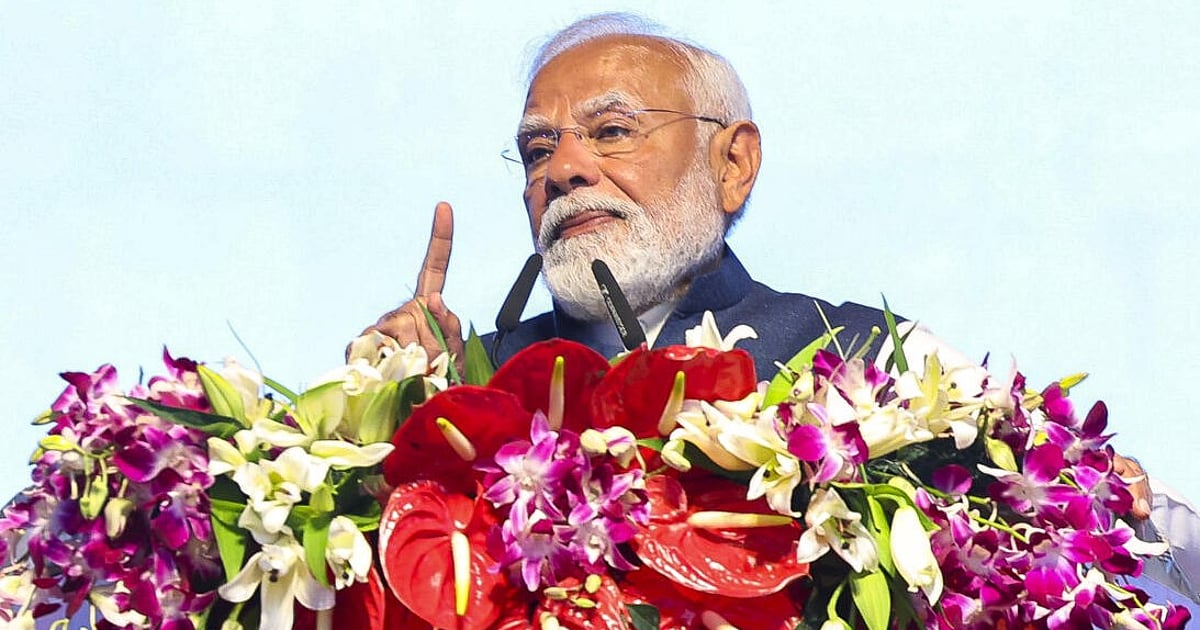 |
|
Prime Minister Narendra Modi's recent statement at the 'Utkarsh Odisha, Make in Odisha Conclave' in Bhubaneswar underscores a significant shift in India's economic policy. His declaration that India cannot accept the export of raw materials and that value addition must occur domestically carries profound implications for various sectors and regions within the country. This policy shift is not merely a protectionist measure; it represents a strategic move to enhance India's manufacturing capabilities, boost domestic employment, and elevate its position in the global value chain. The implications of this policy are far-reaching, impacting everything from agricultural products to minerals and impacting the balance of trade for India.
The emphasis on value addition directly challenges the existing model where India often exports raw materials at lower prices and then imports finished goods at significantly higher costs. This cycle hinders economic growth and limits the potential for job creation. By insisting on value addition within India, Modi aims to create a more self-reliant economy, reducing dependence on foreign markets for finished products. This approach aligns with the government's broader 'Make in India' initiative, which seeks to attract foreign investment and promote domestic manufacturing. The successful implementation of this policy requires significant investment in infrastructure, technology, and skill development. The government will need to actively support industries through incentives, subsidies, and regulatory reforms to encourage the adoption of advanced technologies and the development of value-added products.
The choice of Bhubaneswar, the capital of Odisha, as the location for this announcement is highly significant. Odisha is rich in natural resources, including minerals and agricultural products. By highlighting the state’s role in the nation's growth, Modi implicitly acknowledges the potential of eastern India to serve as a crucial engine of economic development. The focus on this region suggests that the government intends to prioritize development in areas that have historically lagged behind. However, the success of this policy hinges on ensuring that the benefits reach all segments of society. There is a need for careful planning and effective implementation to prevent any negative consequences for small-scale industries or agricultural producers, who may be disproportionately affected by changes in export regulations. The government must provide adequate support and training to ensure a smooth transition and to avoid any social or economic disruptions.
Furthermore, the international implications of this policy shift are noteworthy. Countries that rely on India for the supply of raw materials may need to adjust their own production strategies. This could lead to negotiations and potential trade disputes, requiring India to navigate a complex international landscape. The policy’s effectiveness also depends on its ability to attract foreign direct investment (FDI) in value-added manufacturing. India needs to create an attractive environment for investors by providing a stable regulatory framework, efficient infrastructure, and a skilled workforce. In conclusion, Modi's call for value addition is a bold and ambitious policy with the potential to reshape India's economic trajectory. Its success will depend on the government's ability to implement the necessary reforms, attract investment, and ensure that the benefits of this new economic direction are broadly shared.
This initiative also highlights the government's commitment to promoting sustainable development. By adding value domestically, India can reduce its environmental footprint associated with the transportation and processing of raw materials. The focus on value addition will require the adoption of cleaner and more efficient technologies, further contributing to environmental sustainability. The transition, however, requires careful monitoring to ensure that the shift doesn't result in environmental degradation in other areas, such as increased industrial pollution or deforestation. The strategy calls for a holistic approach that balances economic development with ecological responsibility. The long-term success of this ambitious policy depends not just on economic factors, but also on the government's commitment to environmental protection and social equity.
Source: Can't accept export of raw materials, value addition must happen in India: PM Modi
